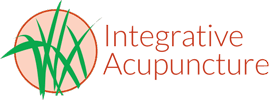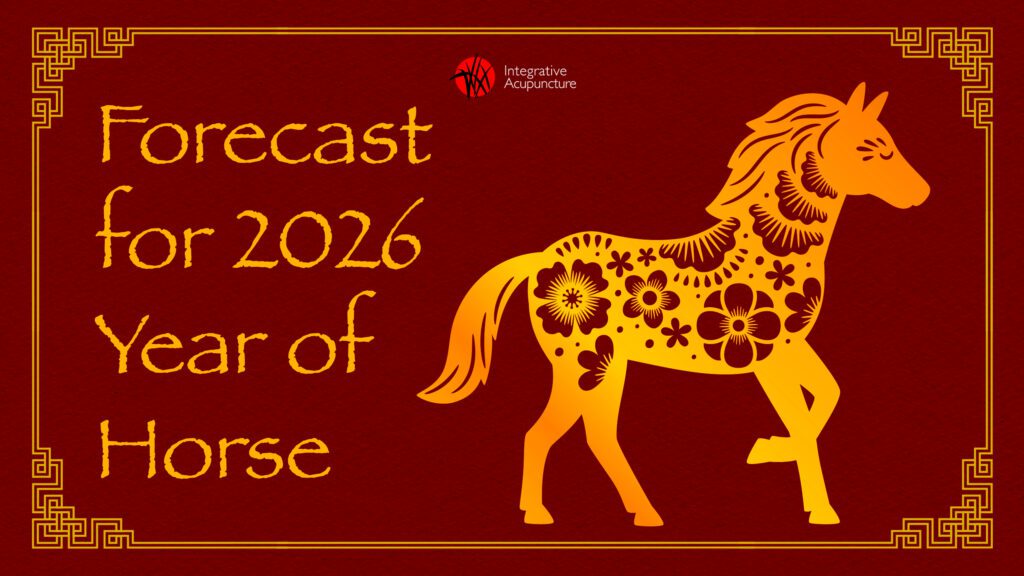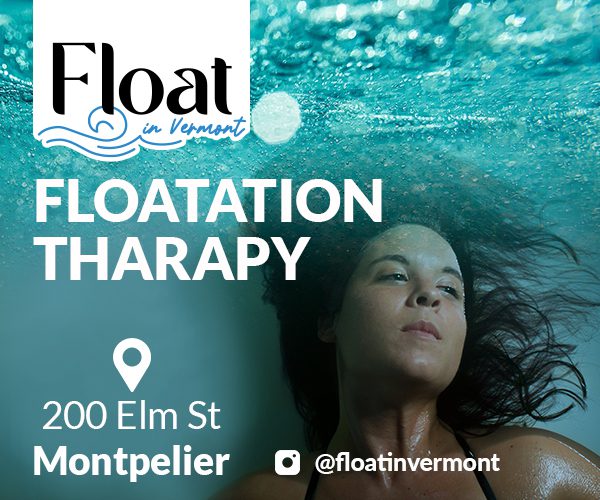More and more people are recognizing the broader options available when it comes to their health care today. Instead of going straight to their primary care provider when having acute back pain, for example, people are initially calling the acupuncturist, chiropractor, or massage therapist. There is an evolving field of medicine called Integrative Medicine, which I’d like to tell you more about here.
Some terms have become confusing with the growing expansion of medical practices in our country. The use of surgery and synthetic drugs to treat medical problems used to be called “medicine”, and now we need to clarify it as conventional medicine. Alternative medicine is the use of any therapy that is excluded from and used instead of conventional medicine. Some alternative therapies have been scientifically proven as effective while others have not yet been held to scientific standards. The use of an alternative medical practice in conjunction with a conventional one is called complementary medicine. A good example of this is at the cancer center at Central Vermont Medical Center, where we use acupuncture, massage therapy, and reiki along with chemotherapy and radiation to maximize the effectiveness of treatment and minimize the potential side effects.
Integrative medicine is healing-oriented medicine that takes account of the whole person (body, mind, and spirit), including all aspects of lifestyle. It emphasizes the therapeutic relationship and makes use of all appropriate therapies, both conventional and alternative. The principles of integrative medicine include:
- A partnership between patient and practitioner in the healing process
- Appropriate use of conventional and alternative methods to facilitate the body’s innate healing response
- Consideration of all factors that influence health, wellness and disease, including mind, spirit and community as well as body
- A philosophy that neither rejects conventional medicine nor accepts alternative therapies uncritically
- Recognition that good medicine should be based in good science, be inquiry driven, and be open to new paradigms
- Use of natural, effective, less-invasive interventions whenever possible
- Use of the broader concepts of promotion of health and the prevention of illness as well as the treatment of disease
- Training of practitioners to be models of health and healing, committed to the process of self-exploration and self-development
To further describe this, I’ve asked the medical director of Integrative Family Health in Montpelier and Williston, Dr. Jeremiah Eckhaus, a few questions here. Integrative Family Health is one of Central Vermont Medical Center’s primary care practices, which specializes in integrative family medicine. At the clinic you’ll find physicians, nurse practitioners, physician assistants, physical therapists, massage therapists and acupuncturists all working collaboratively together.
Can you describe the perspective of Integrative Medicine?
Dr. Eckhaus: “Integrative Medicine takes evidence-based treatment modalities from traditional and non-traditional medical fields and applies them to the patient in a holistic manner. By focusing on the whole person, mind, body, and spirit, we get a more complete diagnosis and treatment plan that can provide a path to optimal health and well-being.”
How do you use Integrative Medicine in your daily practice?
Dr. Eckhaus: “It starts with the way that I approach my patients and so it depends a lot on what I see when I start a new encounter. Some patients have problems that are better served by traditional treatment like surgery or medications, while others have issues that are better addressed by nutrition, lifestyle changes, herbs, acupuncture, meditation, or many other non-traditional healing modalities. And many patients could benefit from a combination of traditional and non-traditional treatments. So, it really depends on what the patient comes with and what they want or need. Some patients need extra time to sort through issues related to non-physiologic processes, like mental health issues or past traumas. Many patients benefit from a lengthy inquiry into their various fields of being and interacting, both internal and external, but unfortunately there isn’t time to do this for every patient and every problem. So, my approach is to try to determine which path will work best for each individual patient and help them move toward better health and wellness. This always starts with unconditional listening, i.e. listening without judgment or bias and then seeing what unfolds.”
As the medical director of Integrative Family Medicine in Montpelier and Williston, do you find patients of the clinic welcoming of an integrative approach to their health care?
Dr. Eckhaus: “I think the vast majority of our patients are very interested in anything that will help them to live happy, healthy, full, and rich lives, free of the economic, emotional, physical, and relational burdens that disease can place on an individual, their family, or society. Most people don’t care whether the approach is traditional or non-traditional. As long as there is scientific evidence to support its use and effectiveness, and it doesn’t cause harm. As you know, in some cases there are no effective treatments available, and the focus turns to how do we increase resiliency and ease suffering in ways that improve quality of life. Our goal is to help all of our patients find their own state of optimum health and well-being, whatever that may be.”
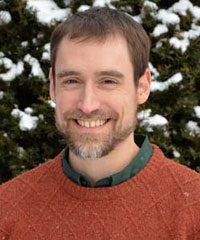 Dr. Jeremiah Eckhaus received his MD from the MCP-Hahnemann School of Medicine in Philadelphia. He is board certified by the American Board of Family Practice and the American Board of Holistic Medicine. Dr. Eckhaus brings a special interest in holistic and integrative medicine.
Dr. Jeremiah Eckhaus received his MD from the MCP-Hahnemann School of Medicine in Philadelphia. He is board certified by the American Board of Family Practice and the American Board of Holistic Medicine. Dr. Eckhaus brings a special interest in holistic and integrative medicine.
Dr. Eckhaus’ patient-centered approach to medicine focuses on all aspects of the human experience, taking into account the biological, psychospiritual, relational, and cultural health of individuals. He uses a combination of Western medicine, nutritional counseling, herbs, vitamins, supplements, guided imagery, acupuncture, and mindfulness-based therapies to optimize the health of his patients
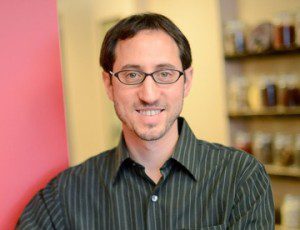 Joshua Singer L.Ac. is a board certified licensed acupuncturist in private practice at Integrative Acupuncture in Montpelier and Williston, Vermont. He works closely with the providers of CVMC including offering acupuncture at the National Life Cancer Treatment Center in Berlin, VT.
Joshua Singer L.Ac. is a board certified licensed acupuncturist in private practice at Integrative Acupuncture in Montpelier and Williston, Vermont. He works closely with the providers of CVMC including offering acupuncture at the National Life Cancer Treatment Center in Berlin, VT.
